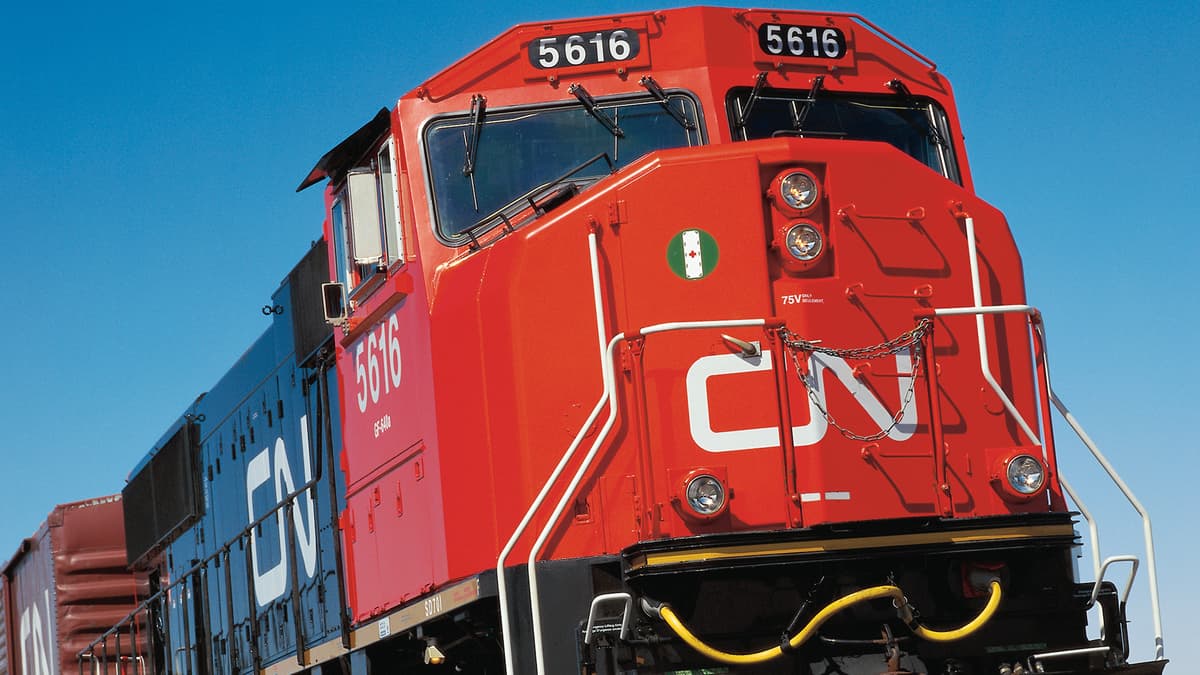The 10,000 workers who are members of the Teamsters Canada Rail Conference (TCRC) may well go on strike soon, destabilizing the Canadian economy. The drivers, locomotive engineers and yard workers are opposed to the major deterioration in their working conditions, while the government and the big rail conglomerates are trying to buy time.
Employees of Canadian National (CN) and Canadian Pacific Kansas City (CPKC) voted on June 29 for a second strike mandate. A total of 89.5% of members voted, with 98.6% in favor.
A strike mandate had already been adopted on May 1, 2024, and could have been called as early as May 22nd. However, the federal government had suspended it to allow the Canada Industrial Relations Board (CIRB) to determine whether they could limit their right to strike under the recurring excuse of ‘essential services’, used regularly in recent years to intimidate workers.
Since strike mandates for private companies at federal level are only valid for 60 days, and there were delays on the CIRB side, the union was obliged to propose a second strike mandate.
The union is opposed to various demands from the two major companies. On the one hand, the CPKC is seeking to cut costs—increasing profits in the process—by removing all worker fatigue protections from the collective agreement. This would allow managers to force employees to work longer hours, despite their lack of rest.
According to the union, this change would not only affect working conditions, but also increase the risk of accidents or even derailments. Indeed, you don’t have to go back very far to find examples of what penny-pinching can do to rail transport.

In his 2013 report The Lac-Mégantic Disaster-Where Does the Buck Stop?, Bruce Campbell explains that, after its creation through a merger of several companies, Montreal-Maine-and-Atlantic, the company that ran the train that exploded, “embarked on a drastic cost-cutting exercise, laying off staff and reducing wages, in an effort to turn a profit.”
In a 2007 article, lawyer and rail engineer Wayne Benedict was already calling on the government to urgently raise rail company standards.
According to him, “for private rail companies, whose raison d’être is to make maximum profits, costly investments in safety […] will always be subordinate to other competitive factors when subjected to cost-benefit analysis.”
And that’s what happened in July 2013, killing 47 people and destroying the community of Lac-Mégantic. Yet the trend in the industry seems to continue.
So, on the other hand, the CN only aims to remove some of the fatigue conditions, but in exchange demands the right to force workers to “travel across the country for extended periods to fill labour shortages in remote areas of Canada” as well as “extended workdays in all provinces west of Ontario”.
According to the TCRC, CN and CKPC’s approach is not only ineffective in solving their labour shortage problems, but also endangers their workers and diminishes their working conditions:
“Compromising rail safety, or even threatening to separate families for months at a time, is not a solution to labour shortage problems.” For the union, it’s the humanization of work and good conditions that will solve the industry’s problems.

